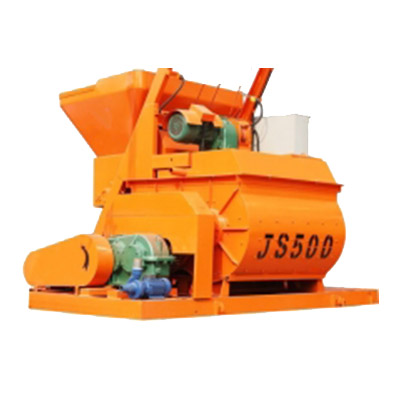cage poultry farming
Sep . 03, 2024 19:40 Back to list
cage poultry farming
The Benefits and Challenges of Cage Poultry Farming
Cage poultry farming, a method of raising chickens in confined spaces, has become a prevalent practice in the poultry industry, particularly for egg production. While this approach has its advantages in terms of efficiency and productivity, it also raises ethical concerns about animal welfare and environmental impact.
One of the primary benefits of cage poultry farming is its ability to maximize production. Caged systems allow farmers to house a large number of birds in a relatively small area. This intensive farming method means that feed conversion is typically more efficient, resulting in lower costs per egg produced. The controlled environment also helps in managing disease outbreaks, as birds are kept in a cleaner and more regulated setting compared to free-range systems. These advantages lead to increased output, which is essential for meeting the growing global demand for poultry products.
Additionally, cage systems often improve egg quality. The design of cages allows for better management of factors such as light and temperature, which can impact the health and productivity of the hens. Farmers can also monitor food and water intake more effectively, ensuring that chickens receive a balanced diet that promotes optimal health and yields. This leads to a stable supply of high-quality eggs for consumers, which is crucial for the industry's reliability.
cage poultry farming

However, cage poultry farming has been criticized for its ethical implications. Advocates for animal rights argue that confined spaces prevent chickens from engaging in natural behaviors such as nesting, foraging, and perching. This lack of freedom can lead to stress and behavioral issues in the birds. Consequently, many consumers are opting for cage-free alternatives, driving a shift in industry practices and prompting some producers to adopt more humane systems.
Furthermore, there are environmental concerns associated with cage poultry farming. The concentration of a large number of animals in a limited space can lead to significant waste production, which poses risks to soil and water quality if not managed properly. Additionally, the high demand for feed, particularly corn and soy, can contribute to deforestation and habitat loss, raising questions about the sustainability of intensive poultry farming practices.
In response to these challenges, many farmers are exploring more sustainable practices that balance productivity with animal welfare. Some are transitioning to enriched cage systems, which provide hens with slightly more space and opportunities to perform natural behaviors. Others are considering organic or free-range models, which not only cater to consumer demands but also promote better living conditions for the birds.
In conclusion, cage poultry farming presents both advantages and challenges. While it offers efficiency and consistent production, the ethical concerns surrounding animal welfare and environmental sustainability cannot be overlooked. The poultry industry is at a crossroads, and the direction it takes will significantly impact the future of food production and animal husbandry practices. Addressing these complexities will require collaboration among farmers, consumers, and policymakers to create a more responsible and sustainable poultry farming system.
-
Hot Sale 24 & 18 Door Rabbit Cages - Premium Breeding Solutions
NewsJul.25,2025
-
Automatic Feeding Line System Pan Feeder Nipple Drinker - Anping County Yize Metal Products Co., Ltd.
NewsJul.21,2025
-
Automatic Feeding Line System Pan Feeder Nipple Drinker - Anping County Yize Metal Products Co., Ltd.
NewsJul.21,2025
-
Automatic Feeding Line System - Anping Yize | Precision & Nipple
NewsJul.21,2025
-
Automatic Feeding Line System - Anping Yize | Precision & Nipple
NewsJul.21,2025
-
Automatic Feeding Line System-Anping County Yize Metal Products Co., Ltd.|Efficient Feed Distribution&Customized Animal Farming Solutions
NewsJul.21,2025






